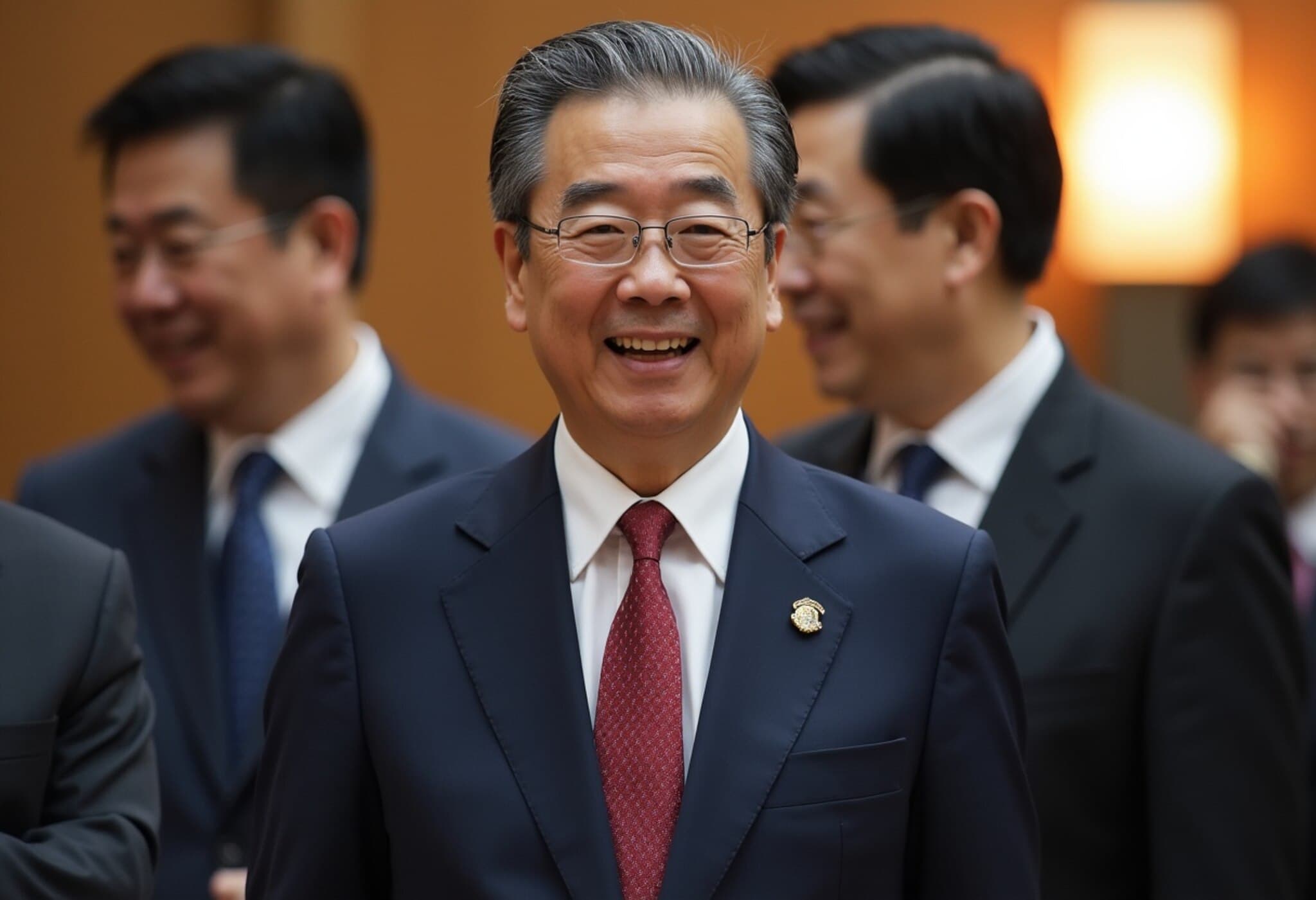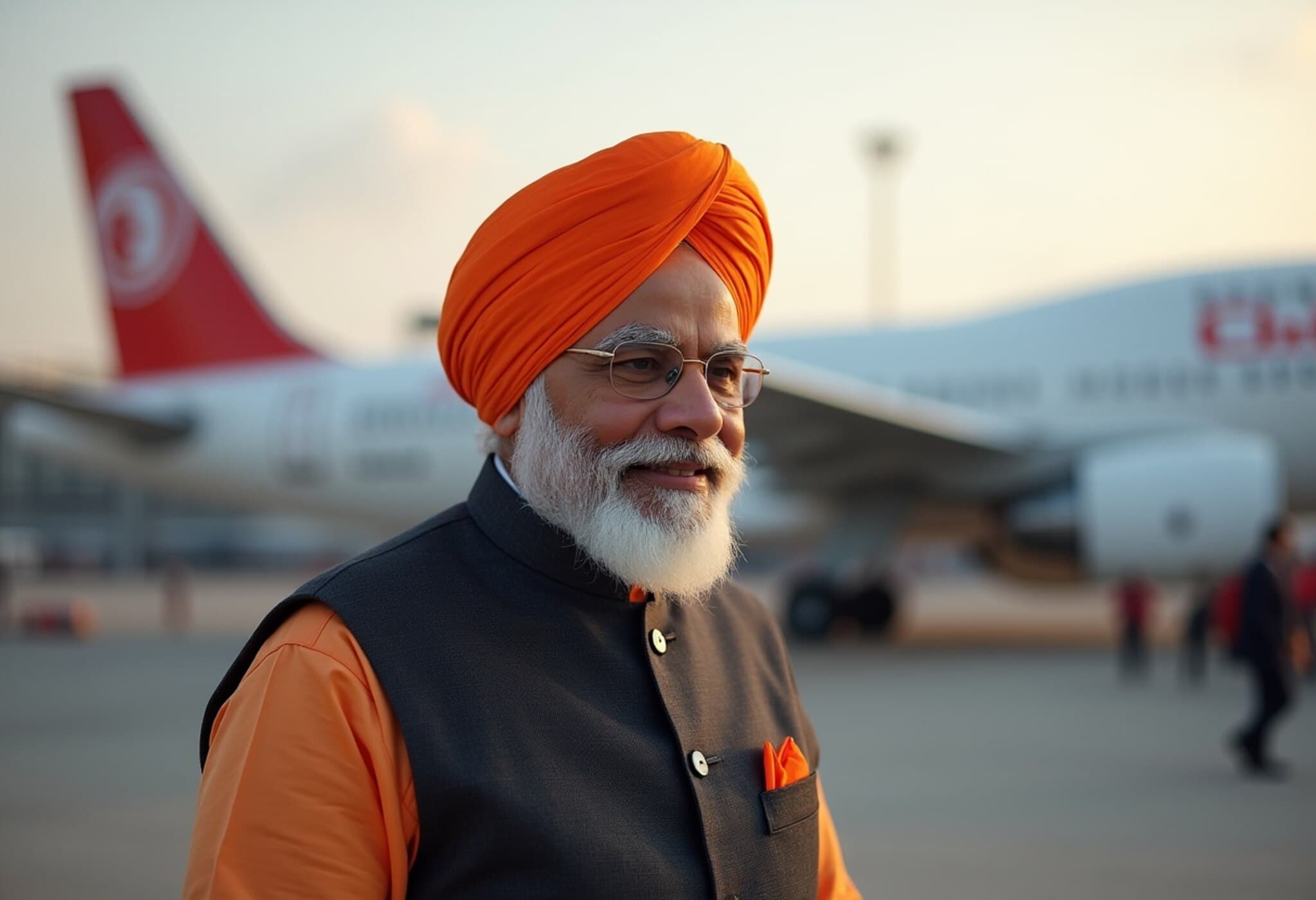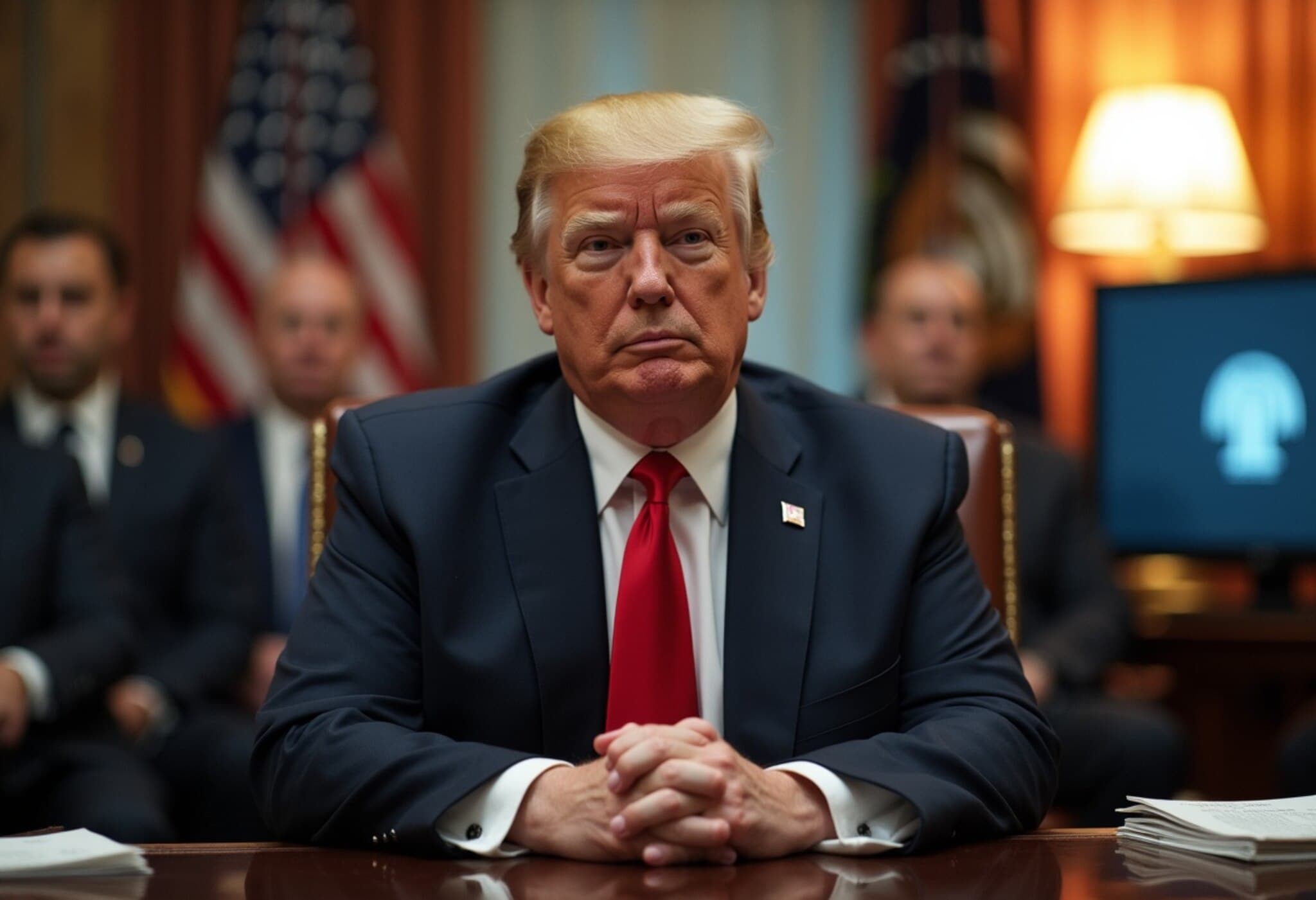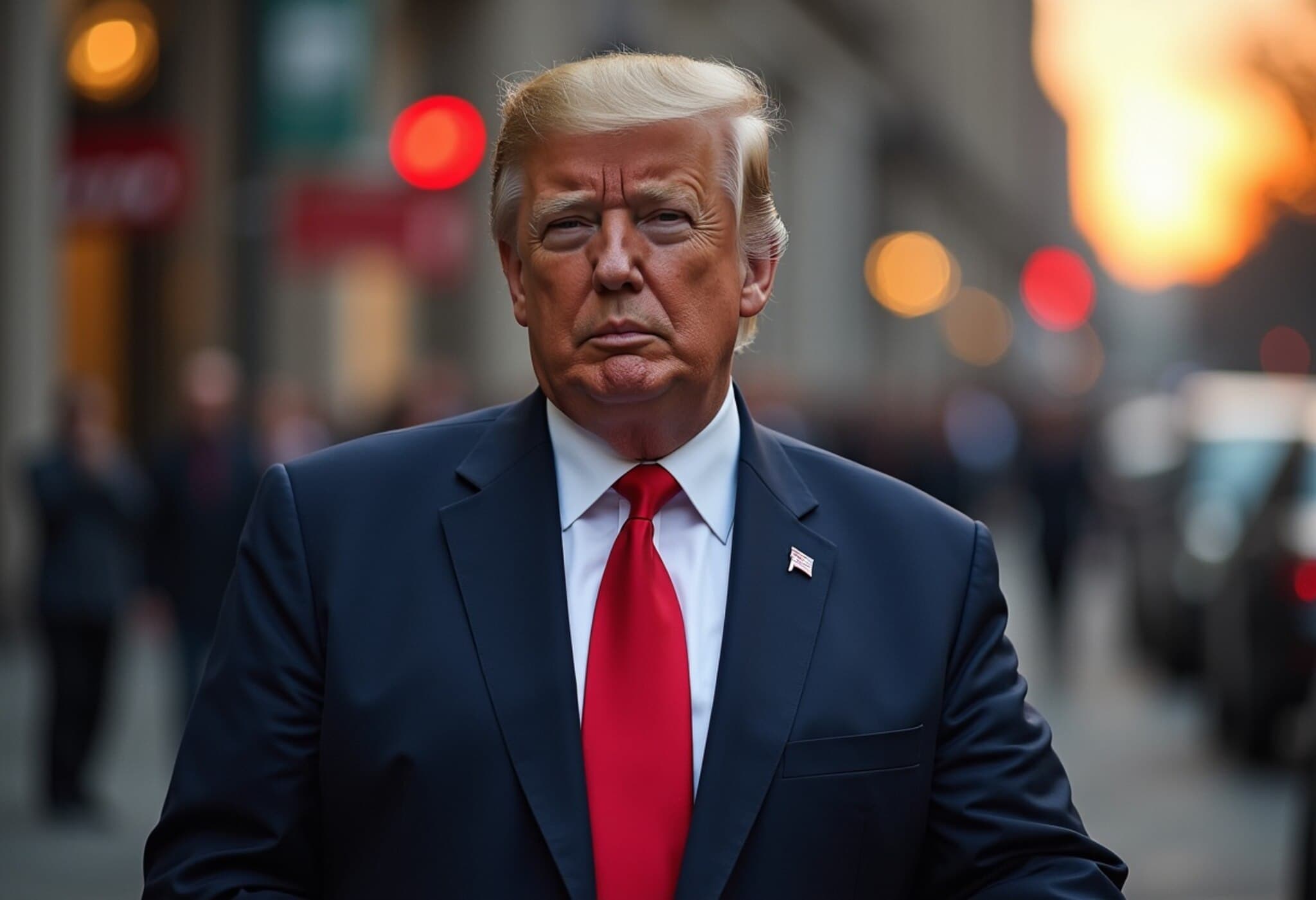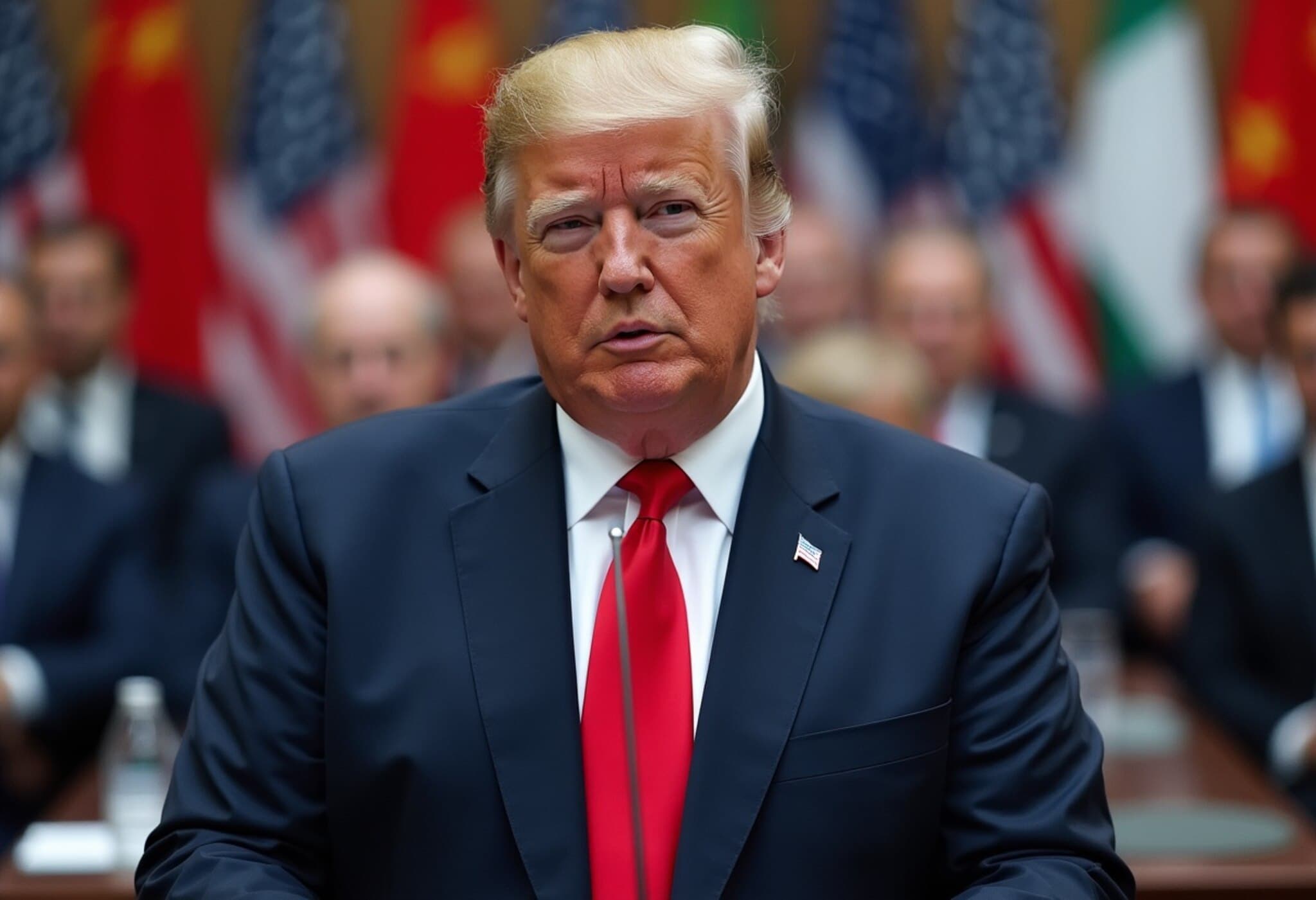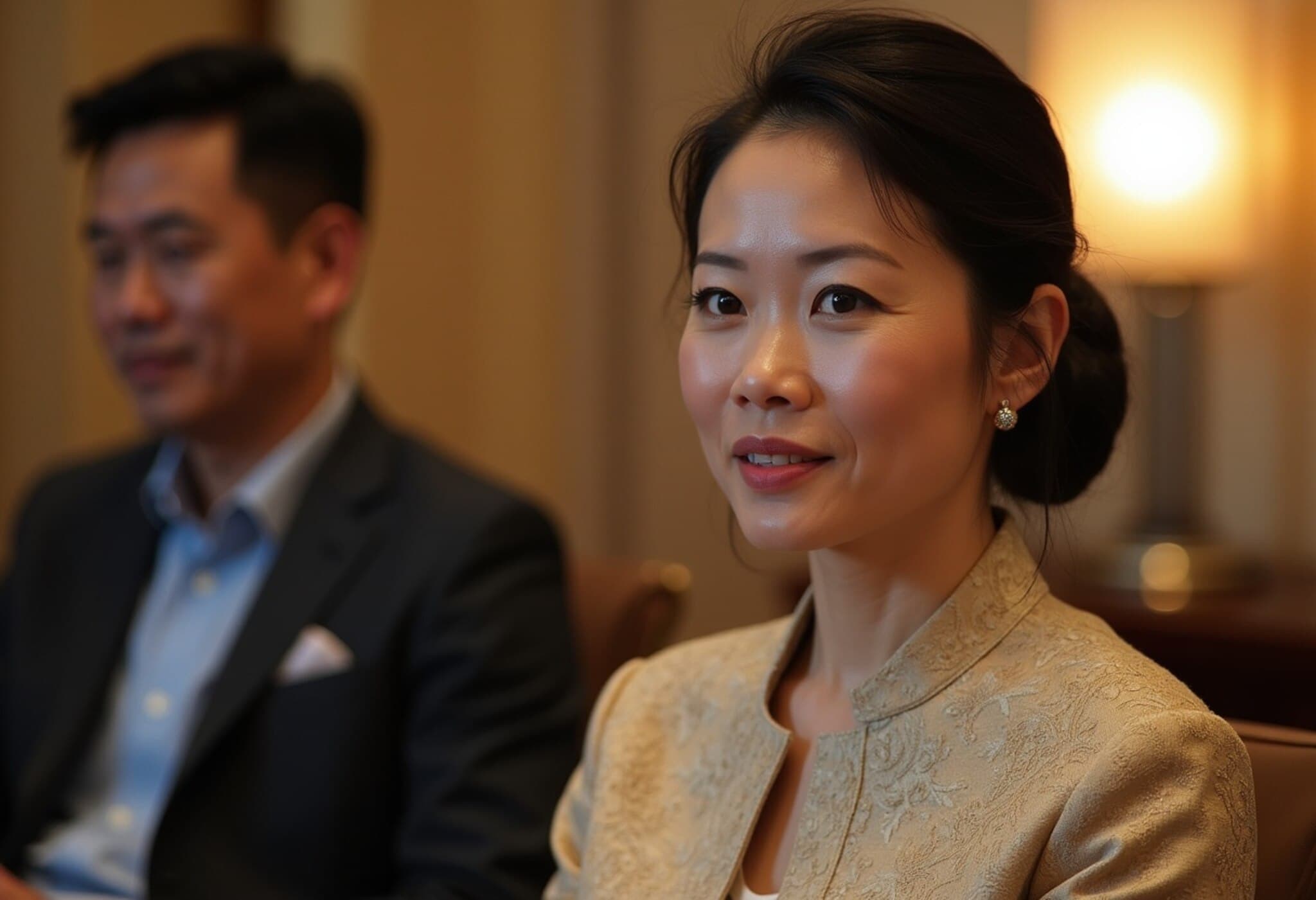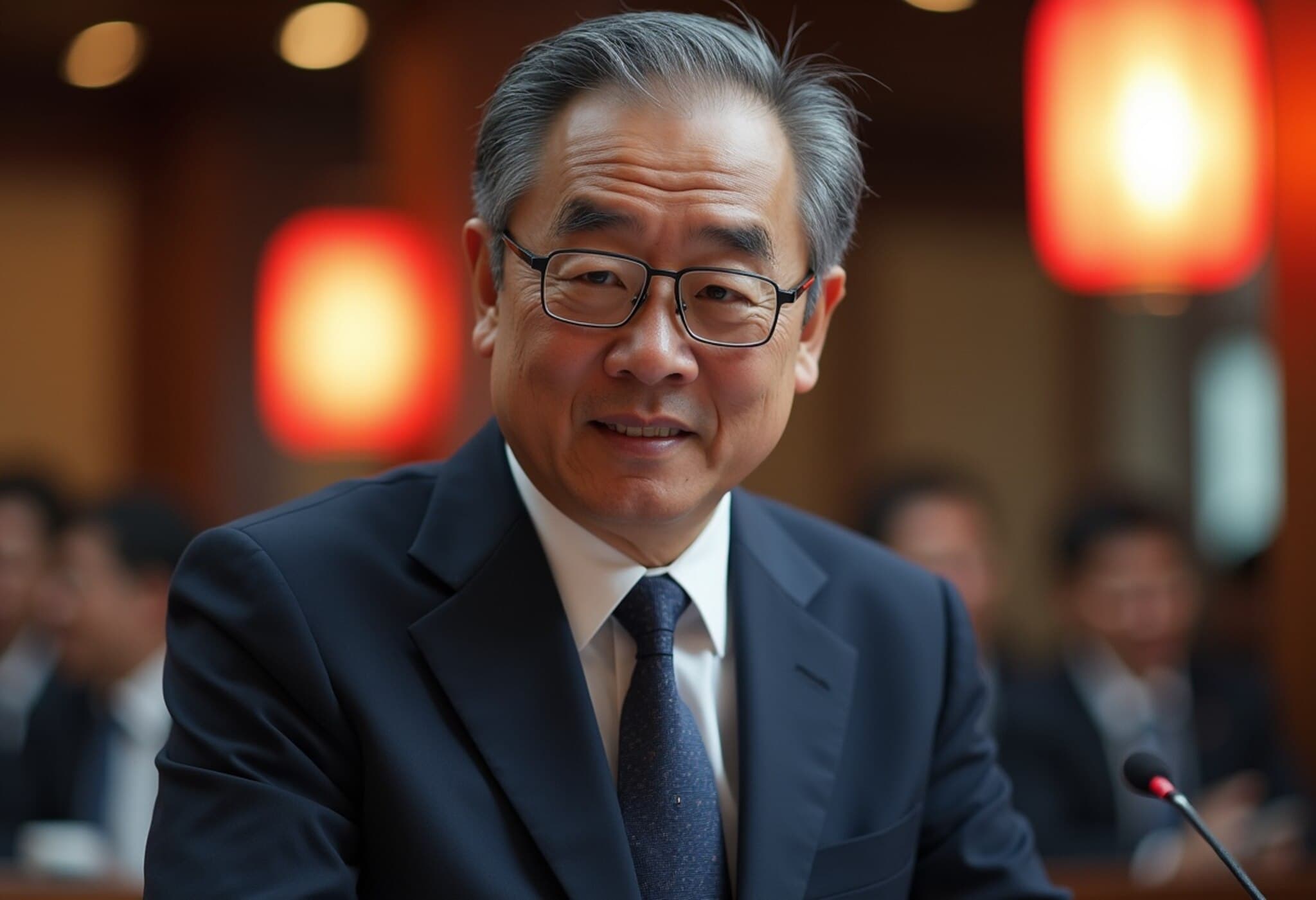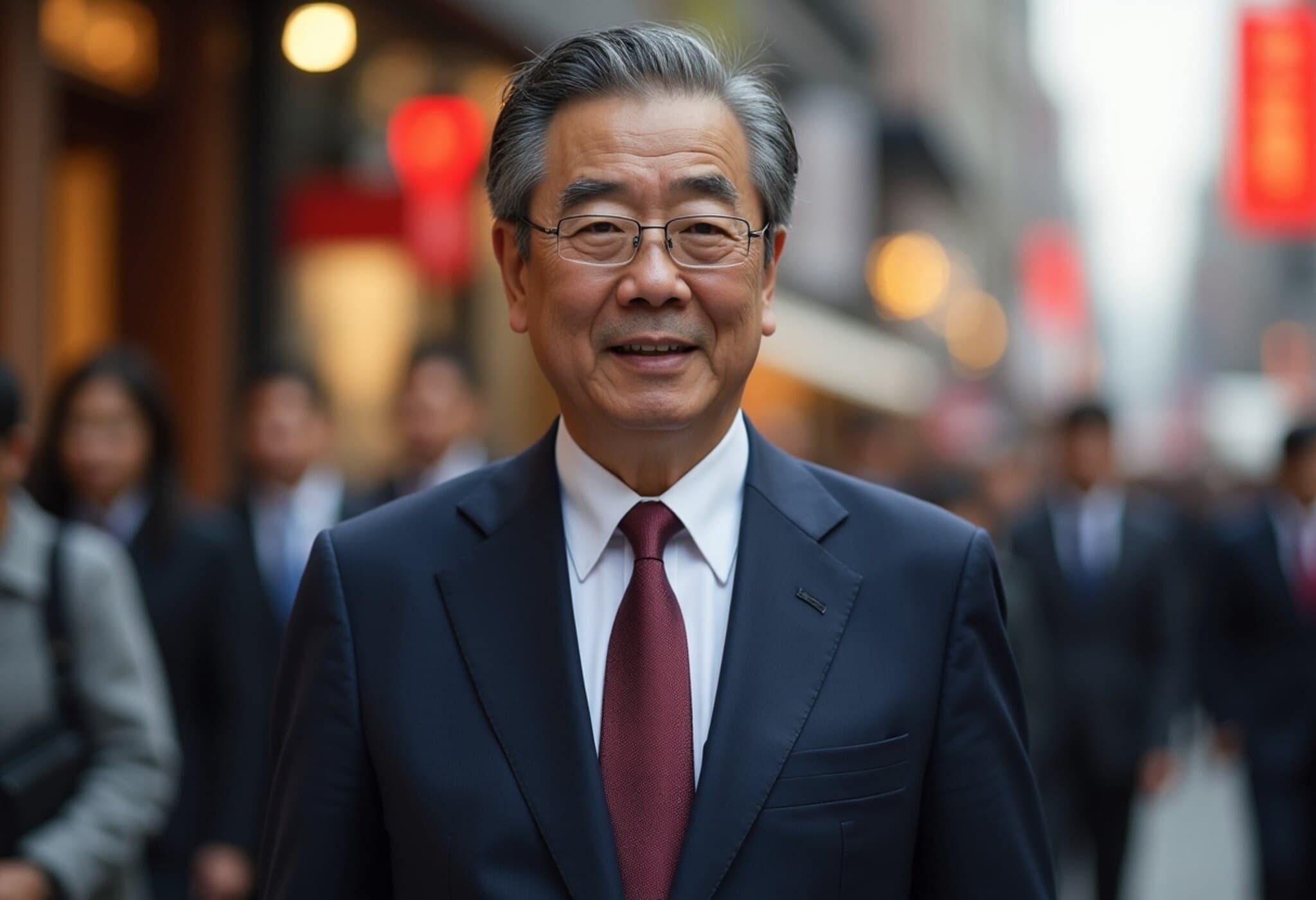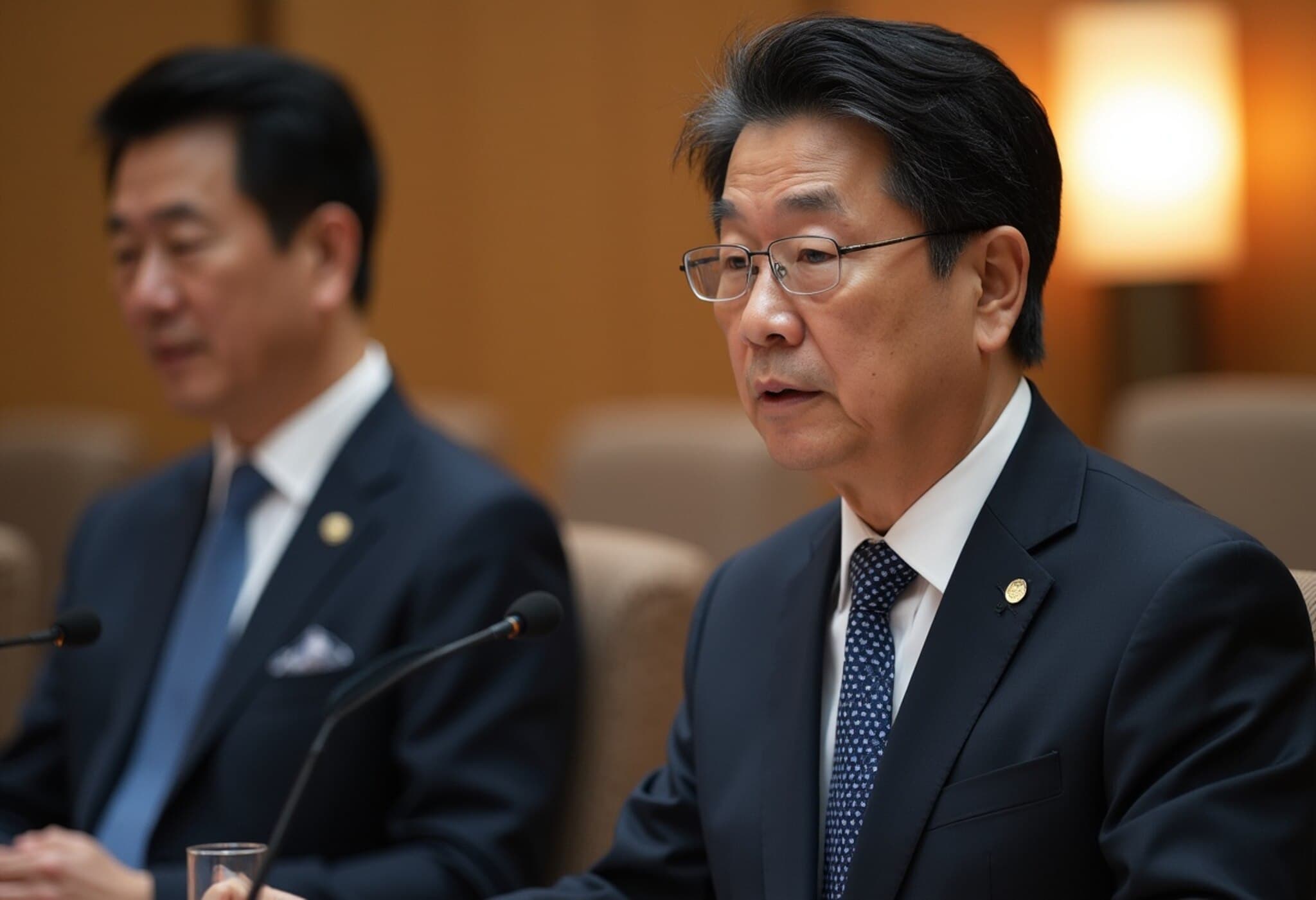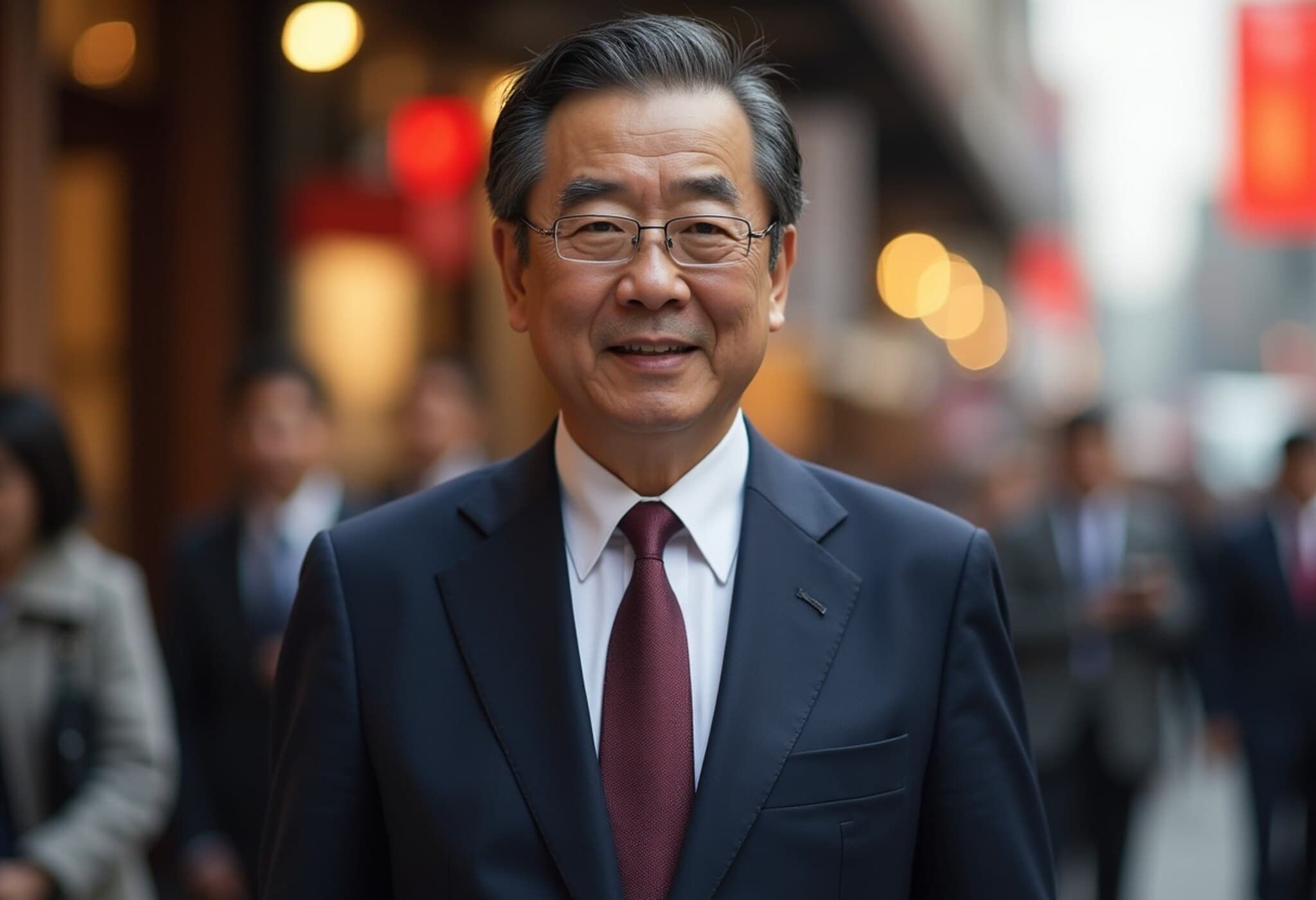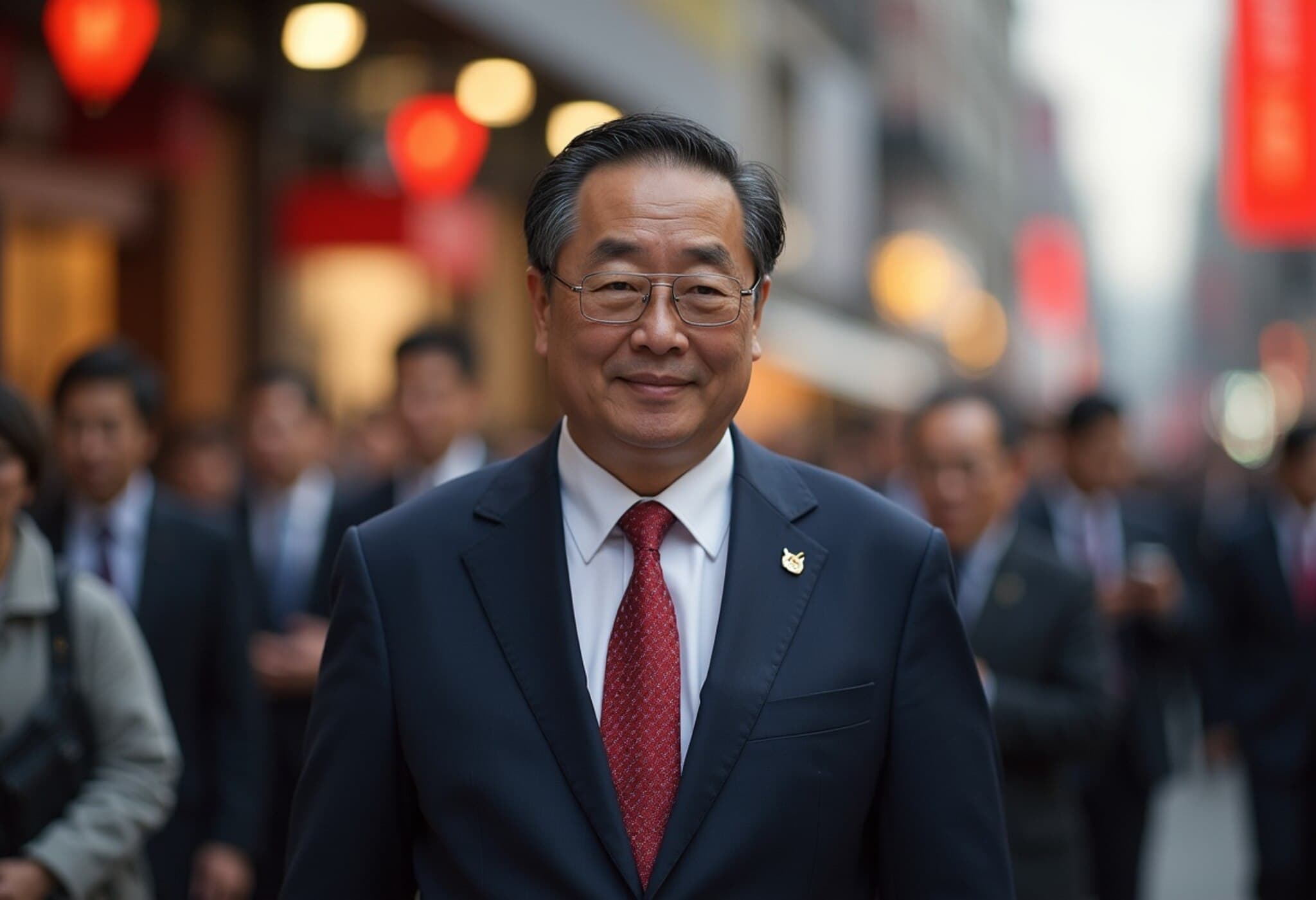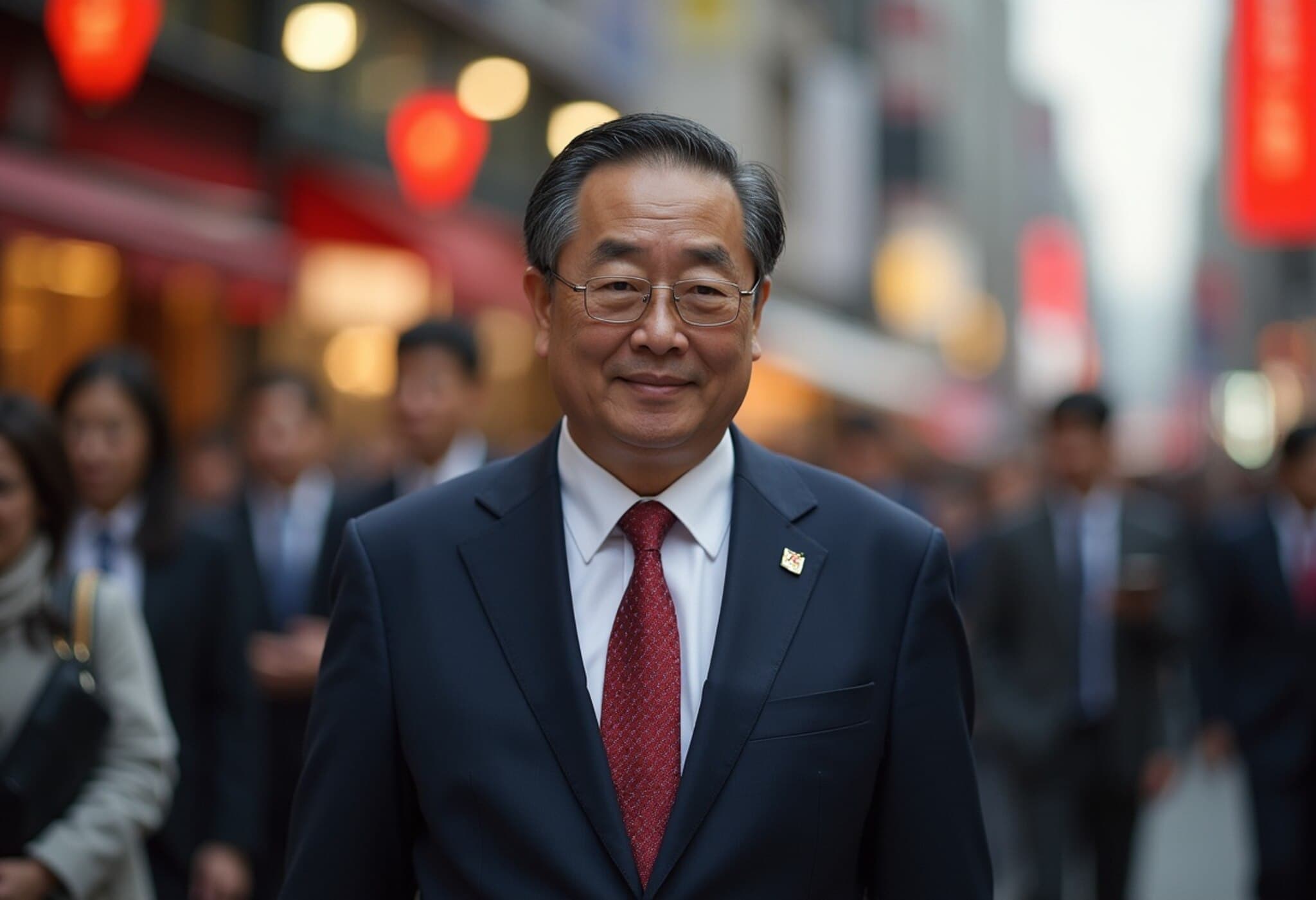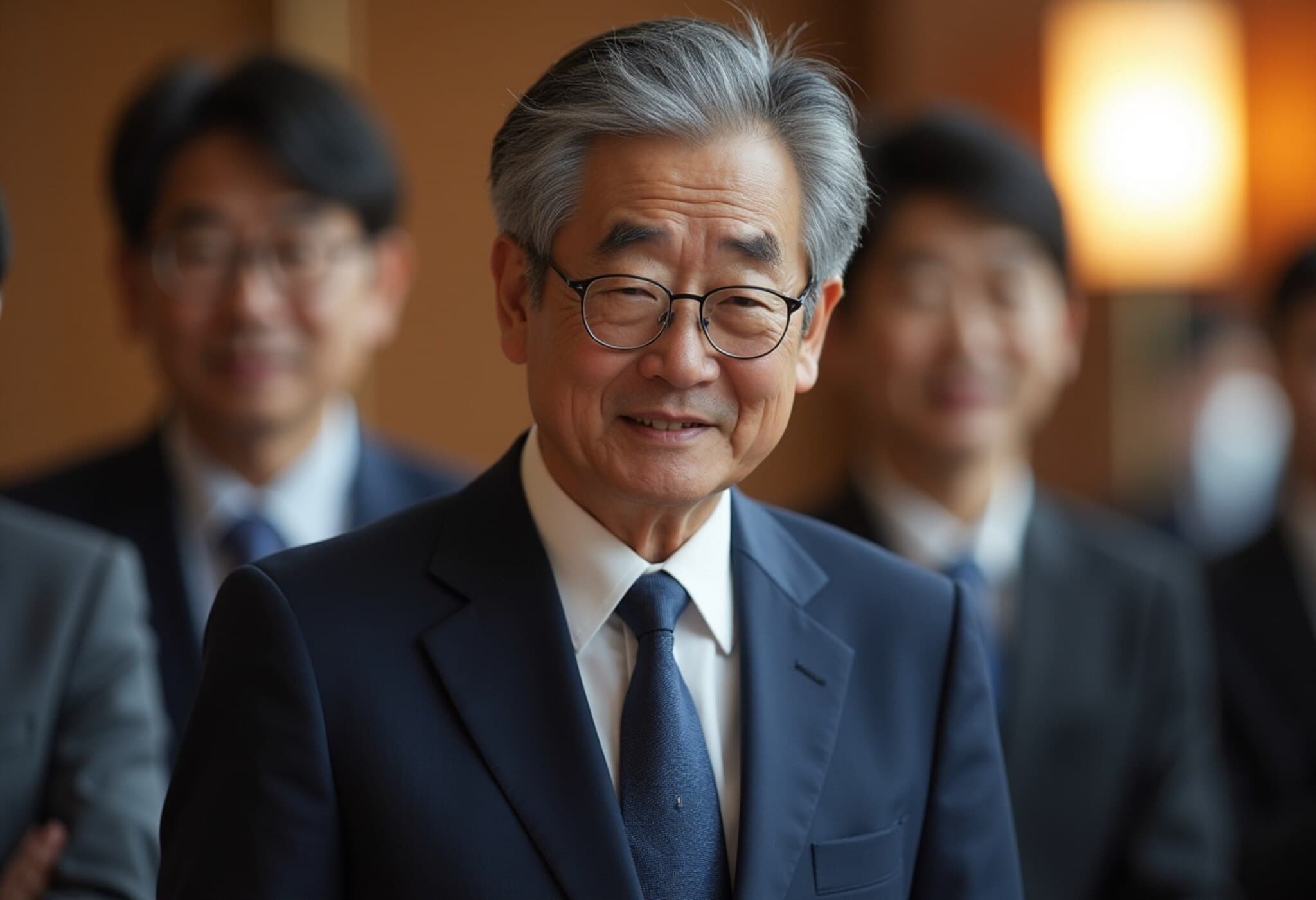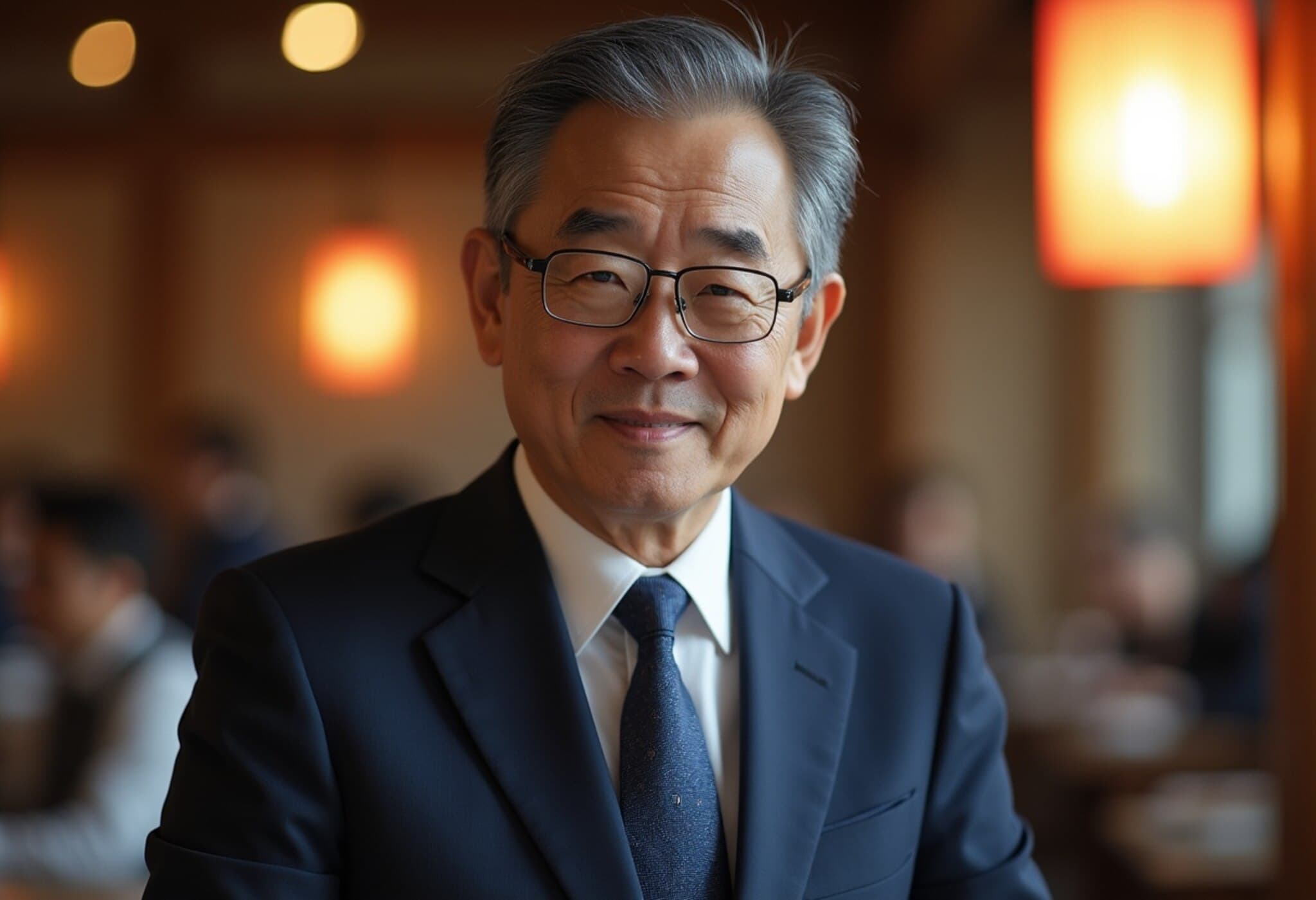Japan's Ruling Coalition Suffers Historic Setback in Upper House Election
In a political shock reverberating across Tokyo and beyond, Prime Minister Shigeru Ishiba has encountered a significant blow as his ruling coalition failed to secure a majority in Japan’s 248-seat upper house (House of Councillors). This marks the first time since 1955 that the coalition lacks control of both parliamentary chambers, a development that could reshape the country’s political landscape ahead of crucial domestic and international challenges.
Coalition's Loss Underscores Growing Public Frustration
The ruling coalition, composed of Ishiba’s Liberal Democratic Party (LDP) and its junior partner Komeito, needed to capture at least 50 additional seats beyond their 75 existing ones to maintain an upper house majority. However, with just two seats remaining uncalled, they secured only 46—falling short by four seats.
This disappointing result follows a similar setback in the lower house election last October, which was the coalition’s worst performance in 15 years. Together, these twin defeats have eroded the coalition’s grip on power, exposing the government to mounting internal dissent and the threat of no-confidence motions.
Political and Economic Stakes Are High
Prime Minister Ishiba acknowledged the election results with humility, describing them as a “harsh result” on national broadcaster NHK. Still, he pledged to remain in office and tackle key policy areas, notably the delicate ongoing tariff negotiations with the United States—an issue of paramount importance given Japan’s export-dependent economy.
Speaking to TV Tokyo, Ishiba emphasized the necessity of stability: “Sabotaging these negotiations is not an option—we must commit all our efforts to securing Japan’s national interest.” This statement underscores the intricate balance Ishiba must maintain between managing domestic discontent and navigating geopolitics.
What This Means for Japan’s Political Future
- First dual-house minority since LDP’s founding in 1955, signaling major voter dissatisfaction.
- Increasing pressure from within the LDP for new leadership or a broader coalition strategy.
- Potential policy gridlock in parliament that could stall critical reforms amid global economic uncertainties.
Japan's voters appear to be signaling demand for change amid economic stagnation and social challenges, including an aging population and evolving regional security dynamics. Observers note that this electoral outcome may intensify debates within the LDP and Komeito about the future direction of governance and party leadership.
Expert Insight: Lessons for American and Global Audiences
From a broader perspective, Japan’s experience highlights how even dominant long-standing political parties can be vulnerable when public trust erodes. For policymakers and analysts in the United States and allied nations, these developments underscore the importance of responsive governance—especially in democracies facing complex global trade issues and shifting voter expectations.
Furthermore, the election results raise critical questions about coalition politics in parliamentary democracies, the challenges of maintaining unified policy agendas under internal party pressures, and the impact of global economic negotiations on domestic political stability.
Looking Ahead: Challenges and Opportunities
Prime Minister Ishiba now faces a delicate balancing act: engaging a fractured parliament, responding to voter demands, and steering Japan through critical economic negotiations. Whether this setback will accelerate leadership changes within the LDP or provoke new alliances remains to be seen.
Japan stands at a crossroads, with its political institutions tested in unprecedented ways. How the ruling coalition adapts—or fails to adapt—may determine the country’s strategic trajectory for years ahead.
Japan’s upper house election outcome is not just a domestic story; it's a profound moment reflecting shifting public attitudes toward governance amid global economic and geopolitical pressures. It raises important questions for voters worldwide: How should established political powers respond to rising dissatisfaction? Can governments maintain stability while negotiating complex international agreements? This election underscores the evolving nature of democracy and leadership in the 21st century.

